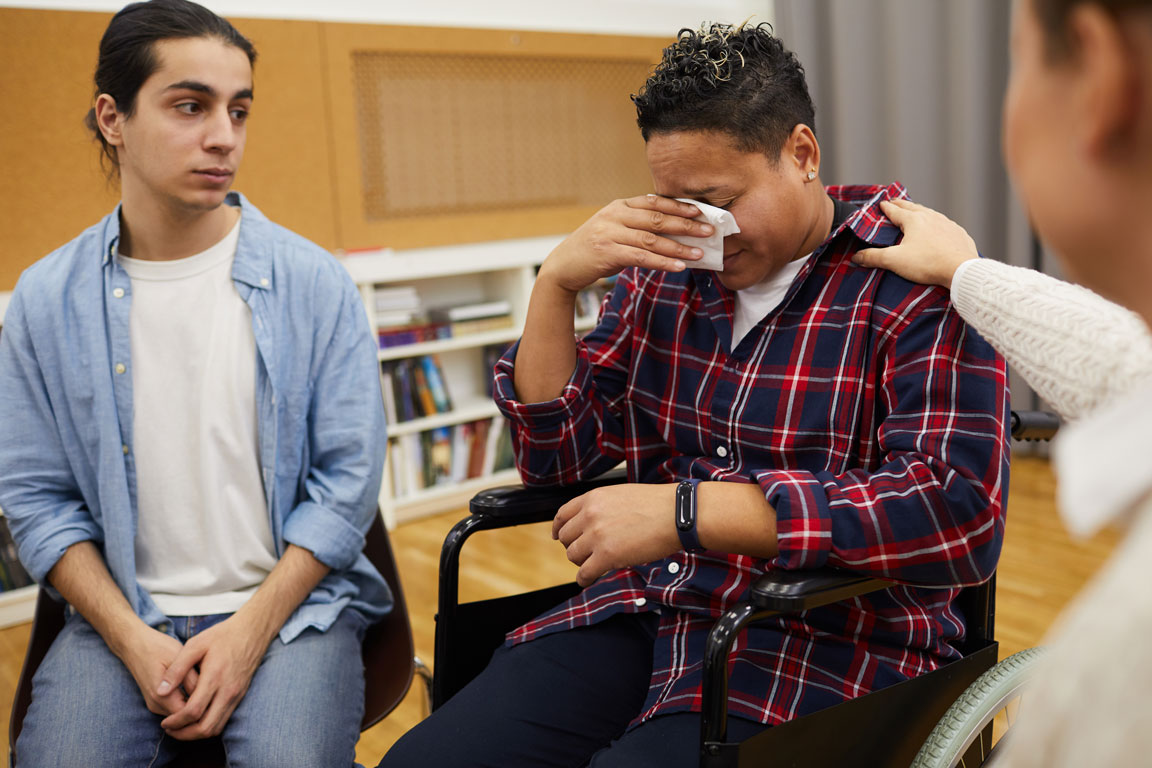Thousands of individuals with disabilities are living in group homes throughout New Jersey. As an attorney specializing in advocating for people with disabilities and special needs, I have seen a blatant disregard for the well-being of far too many individuals living in these group homes.
US Statistics
Over 70% of people with disabilities who took the survey reported they had been victims of abuse.
More than 63% of parents and immediate family members reported that their loved one with a disability had experienced abuse.
Some disability types had a higher incidence of abuse than others. For example, 74.8% of people with mental health conditions reported they had been victims of abuse, while 67.1% of those with a speech disability, 66.5% of those with autism, 62.5% of those with an intellectual or developmental disability, and 55.2% of those with a mobility disability reported having experienced such abuse.
Nora J. Baladerian, Ph.D., Thomas F. Coleman, Jim Stream(2013). “A Report on the 2012 National Survey on Abuse of People with Disabilities”

Although this study was done in 2012, the statistics have only worsened since COVID. I have personally witnessed this through my own experiences with many of my client’s situations. You would think that a family member with disabilities would be safe in a group home environment as these residences and their staff are supposed to specialize in caring for them. Unfortunately, this is not the case. In fact, the extent of negligence within group home settings is sometimes worse than in other locations.
Common Reasons for Abuse and Neglect in New Jersey Group Homes
While it is nearly impossible to pinpoint reasons for the pervasive abuse and neglect within New Jersey group homes, several factors stand out to me.

- Understaffing – Insufficient staffing levels may lead to overwhelmed caregivers, impacting their ability to provide adequate care and supervision.
- Inadequate Training – Staff members may lack proper training in areas such as handling challenging behaviors, communication, and understanding the unique needs of individuals with disabilities.
- Lack of Oversight – Inadequate supervision and monitoring of group homes may contribute to abusive behavior going unnoticed or unreported.
Related Posts: Stopping Abuse in Group Homes
- Poor Staff Morale – Low morale among staff members can negatively impact the quality of care and may contribute to abusive or neglectful behaviors.
- Lack of Resources – Insufficient resources, both financial and material, may limit the ability of group homes to provide necessary support and maintain a safe environment. This lack of resources is often related to allocating funds to upper-management faculty members.
- Ineffective Policies and Procedures – The absence of clear policies, procedures, or reporting mechanisms may contribute to a lack of accountability and responsiveness to abuse or neglect. I can most definitely attest to this.
- Communication Barriers – Challenges in communication between staff, residents, and management may hinder the identification and resolution of problems.
- Lack of Training on Abuse Prevention – Failure to provide adequate training on abuse prevention and reporting procedures may contribute to an environment where abusive behaviors go unaddressed.
- Failure to Screen and Supervise Staff – Insufficient background checks and supervision of staff members may result in individuals with a history of abusive behavior working in group homes.
A Better Tomorrow
I will continue to speak about this, fighting for the humane treatment of all individuals with disabilities, and I urge you to do the same.
